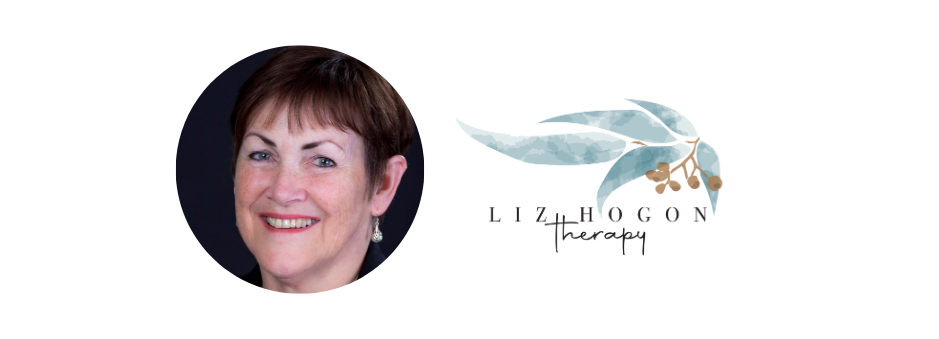What is obsessive compulsive disorder?
Obsessive Compulsive Disorder (OCD) is a serious anxiety-related that affects people regardless of gender and social or cultural background. Sufferers often go undiagnosed for many years, partially because of a lack of understanding of the condition, and partially because of the intense feelings of embarrassment, guilt and sometimes even shame associated with what is often called the 'secret illness'.
Obsessive behaviour can have a totally devastating effect on work, social life and personal relationships. The World Health Organisation (WHO) ranks OCD as the tenth most disabling illness of any kind, in terms of lost earnings and diminished quality of life.Most sufferers know that they are having irrational thoughts and their behaviour is senseless, but are incapable of stopping them. This has a significant impact on their confidence and self-esteem and as a result, their careers, relationships and lifestyles.
Obsessions and Compulsions are different - obsessions are felt and the compulsions are acted out. Obsessive thoughts can be intrusive and the sufferer can't stop thinking about them (for example a love obsession). It may feel as though the brain has been invaded by thoughts with no means to stop them.
All of us at some point in our lives have experienced the occasional obsessional thought, however when it reaches the stage that these thoughts completely take over our lives and affect our everyday functioning it becomes a full blown obsessive disorder.
Compulsions offer the sufferer an immediate benefit – for example the person may go on a drinking or eating binge which allows them to escape life for awhile. The compulsion is often much stronger when this person is feeling anxious or under stress. After they have carried out their compulsive behaviour, they often feel very guilty and ashamed. Other compulsive behaviours are gambling, drug taking, nail biting, comfort eating or cutting oneself (self harming).
Self harming and bodily abuse affects mainly children and teenagers although adults can also be affected. Many normal people can suffer from the compulsion to self-harm. Self harming can include cutting on the arms and legs, scratching the skin, hitting oneself and hair pulling (Trichotillomania). It can also be associated with other abusive and reckless behaviours such as drug taking, eating disorders (anorexia or bulimia), reckless drinking and dangerous behaviour.
Overcoming OCD is possible. OCD and self harming can be treated very successfully in a very short period of time. We can discuss the best way forward for you when you come in for a chat.
It is perfectly natural that you may have questions about the treatment for obsessive disorder. Get in touch to arrange a chat - it's a free consultation and we can discuss your options. You are under no obligation to proceed! So call me on 0409 254 500 and book your session.
Testimonial
I had spent most of my life with OCD and was always to scared and embarrassed to go get help. I felt if I told doctor's I'd just be put on medication and didn't want to fill my body with pills, so I just tried to deal with it in my own way and thought I'd have it for the rest of my life.
Until I came across Liz, who helped me change my life, not only with my OCD but also making me more confident, helping me with social anxiety which I didn't realise was that bad until we started talking and also was there to help me with my weight issues.
Liz is an amazing person who actually cares about what you have to say and she knows her stuff. You don't need medication and don't have to live with OCD forever. You just need to realise its all about your thinking, which with help from Liz can easily be changed.One of the best decisions I've made in my 28years was walking into your office and having a chat. I'm so much happier and confident my OCD will never come back.Thank you so much Liz, you are amazing!
Sally
I successfully conduct sessions via Skype, FaceTime, Messenger or Zoom so regardless of where you are in the world I can help you. All you need is an iPad, laptop or PC, a good internet connection, a Skype account (it’s free) and some privacy. Skype can be downloaded for a PC or Mac by clicking on the Skype logo immediately below or, if you have an iPad, going to iTunes and downloading the app.
If you would like to finally feel in control, calm and peaceful, please either email or call me on 0409 254 500 to arrange a free no obligation consultation. We can discuss your options and you will be able to get clear answers on any questions you may have. There is no obligation on either your part or mine!


